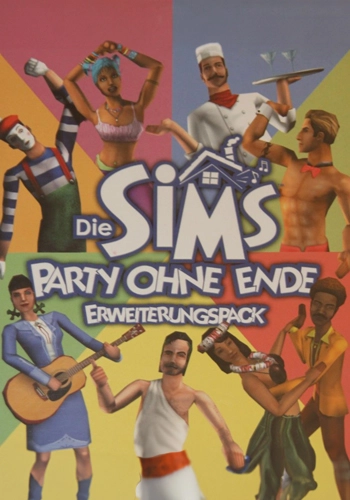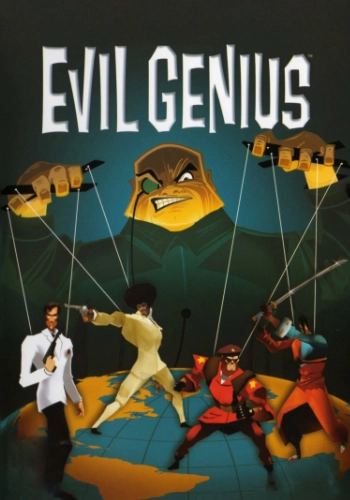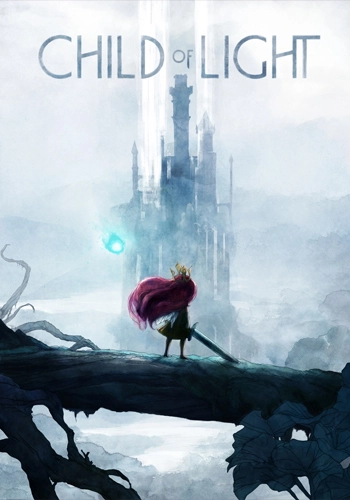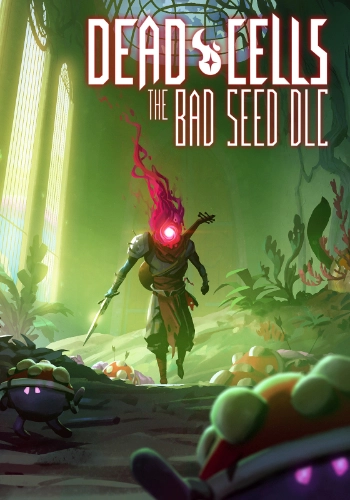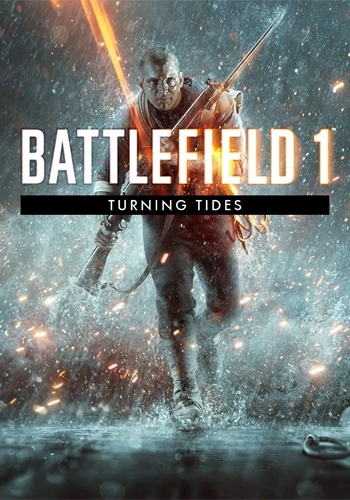Emperor: Rise of the Middle Kingdom
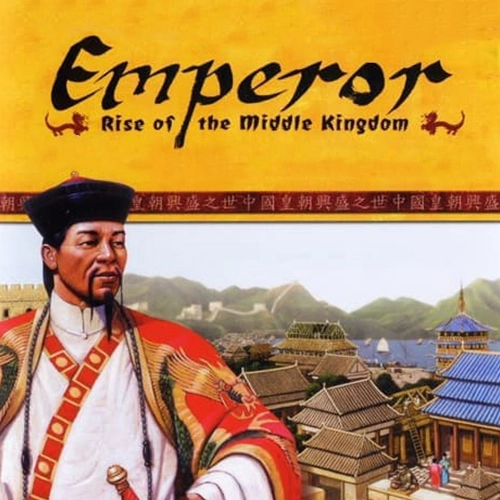
Between equelibrium and explosion
Since China didn't have the best of times this year so far, I thought I'd present something positive today in the form of a musical gem from a game set in the Middle Kingdom. Emperor: Rise of the Middle Kingdom is a city-building simulation from 2002 that shifts the gameplay familiar from Pharaoh from ancient Egypt to no less ancient China around 2000 BC. In several campaign missions, we move through the millennia, experience the invasion of the Mongols, and attempt to manage small villages and, ultimately, huge cities in 48 missions.
As is customary in city-building simulations, we must manage our resources, satisfy the needs of our residents with goods, and, if necessary, engage in conflicts with neighboring settlements. Since the game comes from a time when my intellectual maturity was still at the level I considered girls being dumb and my dream was becoming a video game tester with flowing hair, my gaming achievements in Emperor: Rise of the Middle Kingdom might rightfully be described as 'modest'. Too complex, too much micromanagement, and mistakes were brutally punished. But this game never really left my mind. Well why? Because of the soundtrack by Jeff van Dyck.
The score
"Jeff van Dyck? Isn't he the guy from Disney movies like Mary Poppins."
"That's Dick van Dyke."
"Oh, then the German DJ?"
"That's Paul van Dyk..."
"The one from that children's song? 'I'm so happy today'."
"Herman van Veen, completely wrong."
"Van Helsing?"
"... Are you just going through people with 'van' in their names right now? No, Jeff van Dyck, the composer of the Total War-series!"
"Total what?"
"Oh, forget it."

Yes, Jeff van Dyck, who gave the equally challenging and with cheats much more accessable, thus fondly remembered Rome: Total War (or Total War: Rome, as it's called today) its iconic soundtrack. I often find that, especially in the 'early days' of video games - at this point, I expect the gestured sabre-rattling of the over-40 crowd, who would like to inform me emphatically and using words like 'youth' and 'ignorant' that there were video games before 1990 and that I got no clue - composers were less experimental due to their inexperience. It's logical, cobblers stick to their compositions. You will notice this when looking at the early work of Jeremy Soule, for example, and realize that a Harry Potter sounds like a Knights of the Old Republic sounds like a Neverwinter Nights . Of course, it could also just be a matter of style.
A similar kinship is evident in van Dyck's Emperor: Rise of the Middle Kingdom-OST, which in its action tracks sounds like an Asian offshoot of the Total War-series. But wait, those already exist in the form of Shogun: Total War! A legitimate objection, even if one is set in Japan and the other in China. However, Emperor: Rise of the Middle Kingdom is not just about fighting, but also about city management, which is why most of the music tends to lean toward SimCity.
A prime example, on which the general instrumentation can also be discussed: Di Zi FeelingJeff van Dyck (great pun, by the way). We hear singing bowls, oriental flutes, an erhu (a two-stringed Asian violin), and tambourines. The song is relaxed, restrained, and only establishes a positive melody in the middle, where one can almost see the cheerful rice farmer toiling under the relentless sun for our benefit and the granary. Go ahead, tell me again everything was better in the past.

These mental images continue when Buddha’s DreamJeff van Dyck invites meditation with harps and glockenspiels, or when Happy Qu DiJeff van Dyck simulates a bustling activity with its steady rhythm and use of the gong. For comparison: In Zone SystemKent JollySimCity 4 [Deluxe Edition] (Jerry Martin) from SimCity 4 , this is done through an electric guitar.
As I mentioned earlier, van Dyck cannot always hide the relationship between Emperor: Rise of the Middle Kingdom and his previous creations. Because unlike in his later compositions for Shogun, where the composer will pursue many original pieces and new approaches, the battle tracks sound like a desaturated version of Rome: Total War in Asia - and that's not a bad thing.
This is particularly evident in the first track, Attack of the Feng LuoJeff van Dyck, which can be most easily compared to Time to KillJeff van DyckRome: Total War [Gamerip] from Rome . In both, drum rhythms set the pace, both feature strings building tension in a wave-like manner. The differences, however, are marginal; in the European counterpart, the drums are more dominant, while in the Asian empire, the gong calls to battle. Or Xiao Luo ConflictJeff van Dyck as an Asian variation of Melee CafeJeff van DyckRome: Total War.
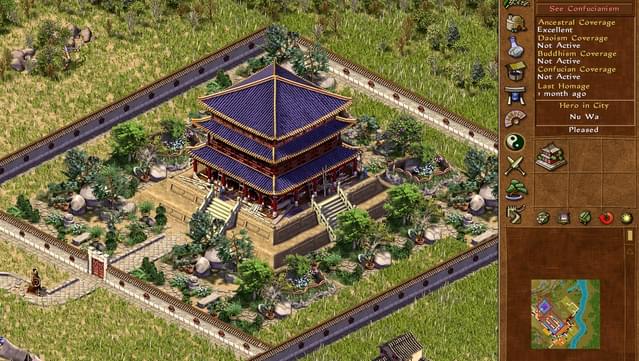
Unlike the older brother, the instrumentation in Emperor: Rise of the Middle Kingdom is more restrained and less forceful. Even the vocals, when they come into play, are more subdued; we're not blasted by a male choir proclaiming that the time of bloodshed has come. Instead, individual voices call out (presumably) Chinese words - a difference as vast as the distance from Beijing to Tokyo compared to an Ona Hei for Total War: Shogun 2.
When he's not oscillating between these extremes - the flashy battle tracks on one side and the lethargic self-discovery through city-building on the other - the rest of the soundtrack is good to very good Asian stuff you won't see again when hitting the toilet. Tracks like Bo Luo Vo LaJeff van Dyck, Dance of the Great WallJeff van Dyck and Himalayan EchosJeff van Dyck are equally restrained enough not to be intrusive but driving enough not to bore. Festival music like Guan Zi FestivalJeff van Dyck and The Jolly EmperorJeff van Dyck seamlessly blend between guttural vocalizations (called overtone singing in professional jargon) in Journey of the Gu QinJeff van Dyck and pan flute in Temple of ZhongJeff van Dyck ein.
A colorful mix you could call it. I want to emphasize once again that from these various aspects of the soundtrack certain songs appeal to me particularly more than others. In doing so, Van Dyck demonstrates in this OST that not only has he mastered the battle tunes but also the gentle background sounds that stand out starkly from the action in the Total War games.
So, who is the music for? Asian enthusiasts should definitely give it a listen, while fans of the Total War-series will do so anyway. And maybe there are also those who have always wondered how SimCity would sound in a Chinese setting. I think you can't get much closer to that very specific wish.

